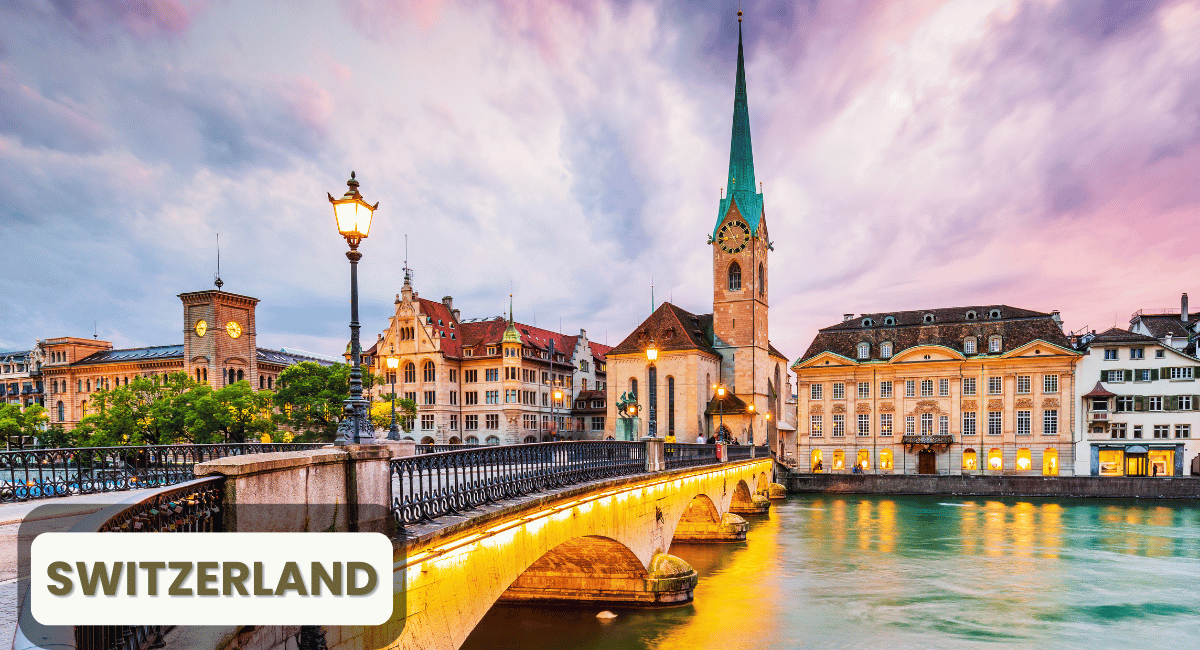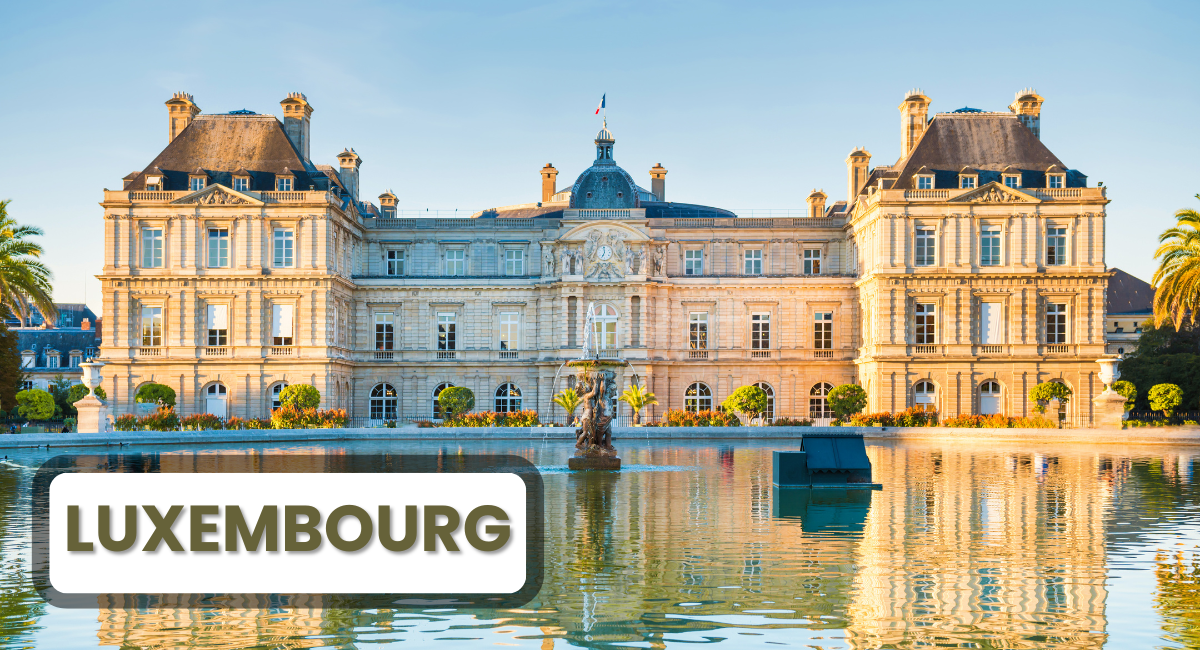The World Happiness Report consistently highlights the happiest countries globally, ranking them based on factors such as income, social support, life expectancy, and perceptions of corruption. Topping the list are nations like Finland, Denmark, and Switzerland, where strong social safety nets, high standards of living, and a commitment to environmental sustainability contribute significantly to citizens’ well-being. In these countries, social trust and community engagement play crucial roles, fostering environments where individuals feel valued and connected, thus enhancing overall happiness.
Other countries that make the list, such as Iceland, the Netherlands, and Norway, exemplify the importance of work-life balance and access to quality healthcare and education. These nations prioritize social equality, offering robust support systems that ensure all citizens have the opportunity to thrive. The presence of natural beauty, outdoor activities, and a rich cultural heritage also adds to the happiness of these populations. Overall, the top 10 happiest countries demonstrate that a combination of economic stability, social cohesion, and a strong emphasis on individual well-being leads to a fulfilling and joyful life for their residents.
Top 10 Happiest Countries in the World
1. Finland
Finland consistently ranks as one of the happiest countries in the world, a distinction it has held for several consecutive years. This Nordic nation is celebrated for its exceptional social support systems, which include comprehensive healthcare and an education system that emphasizes equity and creativity. The Finnish education model is often lauded for its focus on student well-being over standardized testing, fostering an environment where children can thrive academically and personally. Additionally, Finland’s strong emphasis on work-life balance allows citizens to enjoy leisure time, outdoor activities, and community engagement, all contributing to a sense of fulfillment and happiness.
Cultural factors also play a significant role in Finland’s high happiness levels. The concept of “sisu,” which embodies determination and resilience, reflects the Finnish spirit and encourages individuals to face challenges positively. Furthermore, the country’s stunning natural landscapes, from pristine forests to serene lakes, provide ample opportunities for outdoor recreation, promoting physical and mental well-being. Finland’s low levels of corruption and strong trust in government institutions create a sense of security and community among its citizens, reinforcing the idea that happiness is a collective effort. Together, these elements make Finland a model for happiness and well-being, inspiring other nations to adopt similar practices for the benefit of their citizens.
2. Denmark
Denmark consistently ranks as one of the happiest countries in the world, and this achievement can be attributed to a combination of social welfare, a strong sense of community, and a balanced lifestyle. The Danish welfare system provides comprehensive healthcare, free education, and generous parental leave, ensuring that citizens have access to essential services that promote well-being. Additionally, the concept of “hygge,” which emphasizes coziness, comfort, and enjoying simple pleasures, permeates Danish culture and encourages individuals to appreciate the little moments in life. This cultural mindset fosters strong interpersonal connections and a sense of belonging, further enhancing the overall happiness of the population.
Moreover, Denmark’s high level of trust in government and social institutions plays a critical role in its residents’ contentment. With low levels of corruption and transparent governance, Danes feel secure in their social environment, leading to a strong sense of safety and community. The country’s emphasis on work-life balance, along with its stunning natural landscapes and vibrant urban spaces, provides opportunities for recreation and relaxation. This harmonious blend of social support, cultural values, and environmental beauty positions Denmark as a shining example of a happy and fulfilling society, inspiring others to adopt similar principles for enhancing well-being.
3. Switzerland
Switzerland consistently ranks among the happiest countries in the world, and it’s easy to see why. With its stunning alpine landscapes, excellent public services, and high standard of living, the Swiss enjoy a quality of life that many aspire to. The country’s strong economy, driven by finance, pharmaceuticals, and precision manufacturing, provides its citizens with stable employment and generous social benefits. Moreover, Switzerland’s commitment to environmental sustainability and outdoor activities promotes a healthy lifestyle, allowing residents to connect with nature and engage in various recreational pursuits. The balance between work and leisure, coupled with a well-functioning public transportation system, enhances the overall well-being of its people.
Another key factor contributing to Switzerland’s happiness is its robust social support network and high levels of civic engagement. The Swiss take pride in their direct democracy, which empowers citizens to participate in decision-making processes and voice their opinions. This sense of belonging and influence fosters trust in institutions and strengthens community bonds. Additionally, Switzerland is known for its cultural diversity, with four official languages and a rich tapestry of traditions that celebrate inclusivity. Together, these elements create an environment where individuals feel valued and supported, reinforcing the idea that happiness is not just about economic prosperity, but also about social connections and a sense of community.
4. Iceland
Iceland consistently ranks among the happiest countries in the world, thanks to its unique blend of natural beauty, strong social networks, and progressive social policies. With a small population of around 370,000, Iceland fosters close-knit communities where individuals feel a strong sense of belonging and support. The Icelandic government prioritizes gender equality, education, and healthcare, ensuring that citizens have access to essential services that contribute to their overall well-being. This commitment to social welfare, combined with a robust economy driven by tourism, fishing, and renewable energy, creates a stable environment where residents can thrive and pursue their passions.
The breathtaking landscapes of Iceland also play a significant role in the happiness of its citizens. From the stunning geothermal springs to the majestic waterfalls and Northern Lights, the country’s natural wonders encourage outdoor activities and a healthy lifestyle. Icelanders value their connection to nature, which fosters a sense of tranquility and joy. Additionally, the culture of community and social engagement is prevalent in Iceland, with numerous festivals and events celebrating local traditions. These factors, combined with a high level of trust in government and institutions, make Iceland a shining example of how a supportive and nurturing environment can lead to profound happiness and contentment among its people.
5. Netherlands
6. Norway
Norway consistently ranks among the happiest countries in the world, thanks to its strong social support systems, high quality of life, and robust economy. The country’s wealth, largely derived from its natural resources, allows the government to invest heavily in public services, including healthcare, education, and social welfare. Norwegians enjoy a comprehensive social safety net, which ensures that citizens have access to essential services and opportunities for personal development. The sense of community and trust in public institutions further enhances the well-being of the population, creating an environment where individuals can thrive.
Additionally, Norway’s stunning natural landscapes and emphasis on outdoor activities play a significant role in the happiness of its citizens. With breathtaking fjords, mountains, and forests, the country encourages a lifestyle that values nature and physical activity. Norwegians take advantage of their outdoor environment through activities such as hiking, skiing, and fishing, which not only promote physical health but also foster a sense of connection to the land. The culture in Norway places a high value on work-life balance, allowing individuals to enjoy their personal lives alongside professional commitments. Together, these factors create a harmonious society where happiness and well-being are prioritized, making Norway a shining example of a contented nation.
7. Sweden
Sweden consistently ranks among the happiest countries in the world, thanks to its comprehensive welfare system and strong emphasis on social equality. The nation is known for providing citizens with access to high-quality healthcare, free education, and generous parental leave policies, which contribute to a high standard of living. The Swedish government invests significantly in social programs that promote gender equality, environmental sustainability, and work-life balance, allowing individuals to thrive both personally and professionally. This commitment to social welfare fosters a sense of community and trust among citizens, creating an environment where people feel supported and valued.
In addition to its robust social policies, Sweden’s beautiful natural landscapes and commitment to outdoor activities enhance the well-being of its residents. With vast forests, picturesque lakes, and stunning coastlines, Swedes enjoy a deep connection to nature, which promotes physical health and mental wellness. The concept of “lagom,” meaning “just the right amount,” reflects the Swedish philosophy of moderation and balance in life, encouraging individuals to prioritize happiness and well-being over material wealth. This harmonious blend of social support, environmental consciousness, and a strong sense of community contributes to Sweden’s reputation as one of the happiest countries in the world, where citizens enjoy a fulfilling and contented life.
8. Luxembourg
9. New Zealand
New Zealand consistently ranks among the happiest countries in the world, thanks to its stunning landscapes, friendly communities, and strong social support systems. The country is renowned for its breathtaking natural beauty, from majestic mountains to pristine beaches, which encourages an outdoor lifestyle that fosters physical and mental well-being. New Zealanders, often referred to as Kiwis, enjoy a high quality of life, bolstered by access to excellent healthcare and education. The emphasis on environmental sustainability and conservation reflects the Kiwi commitment to preserving their stunning surroundings, further enhancing their connection to nature and overall happiness.
In addition to its remarkable landscapes, New Zealand’s social fabric plays a crucial role in its residents’ happiness. The country boasts a strong sense of community, where people prioritize relationships and support one another. New Zealand’s progressive values promote inclusivity and diversity, allowing individuals from various backgrounds to thrive and contribute to society. The combination of a robust economy, work-life balance, and a focus on well-being makes New Zealand a model for happiness. This harmonious blend of natural beauty and community spirit illustrates why New Zealand is often celebrated as one of the happiest places on Earth.
10. Austria
Austria consistently ranks among the happiest countries in the world, thanks to its high quality of life, robust social support systems, and a strong economy. The Austrian government prioritizes the well-being of its citizens by providing comprehensive healthcare, excellent education, and a strong social safety net. The country’s rich cultural heritage, characterized by world-class music, art, and history, fosters a sense of pride and belonging among its residents. Additionally, Austria’s stunning landscapes, from the majestic Alps to picturesque lakes, encourage outdoor activities and promote a healthy lifestyle, further enhancing the happiness of its people.
Austrians enjoy a vibrant social life and a strong sense of community, contributing to their overall well-being. The emphasis on work-life balance allows individuals to spend quality time with family and friends, cultivating meaningful relationships. The country’s public transport system is efficient and accessible, making it easy for residents to explore both urban and rural areas. This connectivity, combined with a culture that values environmental sustainability and community engagement, fosters a sense of belonging and fulfillment. Overall, Austria’s commitment to social welfare, cultural richness, and natural beauty creates an environment where happiness can flourish, making it a model for other nations.













